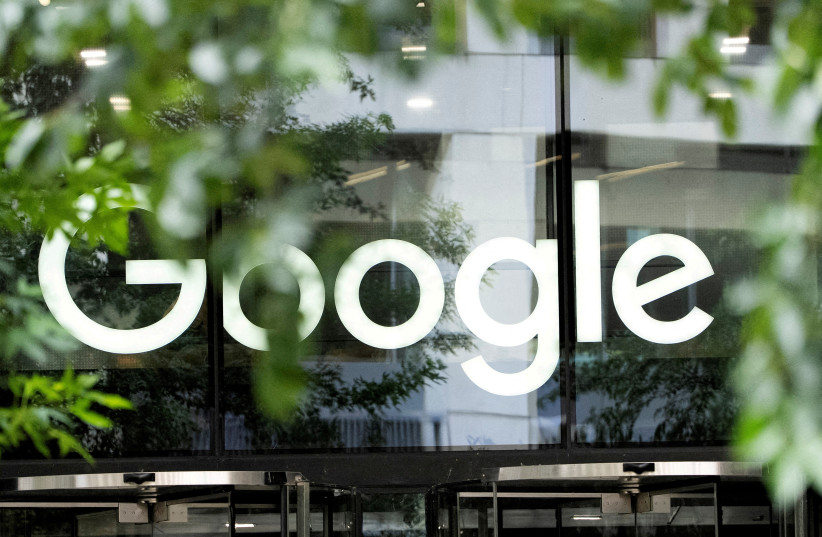Jerusalem Post
ByON YAVIN
AI-driven search engines like ChatGPT, Perplexity, and others have indeed altered the search landscape. However, they haven’t yet caused a full collapse in search volume or ad revenue for Google.
For more than two decades, digital marketing revolved around search engines. If you weren’t on Google, you simply didn’t exist. Search Engine Optimization (SEO) and Pay-Per-Click (PPC) were built on clicks, rankings, and landing pages. But we’re now entering a true revolution, an AI-driven transformation that is shaking the very foundations of this ecosystem and forcing us to rethink everything.
When search becomes dialogue
The traditional model that powered billions in advertising revenue is fading. SEO and PPC, as we’ve known them, will not survive the AI age. As marketers, our role is not just to understand this shift – we must help build the new world emerging in its place.
Reality has changed. Audiences now expect speed, simplicity, and frictionless experiences. The device has moved to the palm of the hand, and the demand is for answers “here and now.” But this shift is more than just technological: it’s an evolution in user expectations and how information is consumed.
AI-driven search engines like ChatGPT, Perplexity, and others have indeed altered the search landscape. However, they haven’t yet caused a full collapse in search volume or ad revenue for Google. Google’s global market share in search dropped slightly from around 92-93% in early 2023 to about 89-90% in 2025. Nevertheless, growth continues: in Q2 2025, Google’s revenue from Search and Other reached $54.19 billion, an 11.7% increase from $48.51 billion in Q2 2024.
The Google logo is seen outside the company's offices in London, Britain, June 24, 2025. (credit: CARLOS JASSO/REUTERS)
That said, projections like those from Gartner suggest traditional search volume could drop by 25% by 2026, indicating deeper disruption may still lie ahead.
How AI search works
What powers this shift are massive algorithms trained on unprecedented volumes of text, images, and video from across the web. Their job isn’t just to retrieve information but to synthesize and generate coherent, context-aware responses.
At the heart of it all are LLMs (Large Language Models), the “brains” behind these systems. They read hundreds of sources, identify connections between them, and synthesize fresh, human-like answers. Additionally, AI’s ability to deliver complex answers comes from using Knowledge Graphs. These aren’t just databases – they’re networks that map relationships between real-world entities.
For example, a knowledge graph can connect “restaurant” to “chef,” “cuisine type,” “location” and “reviews.” So, when a user asks: “What’s the best Italian restaurant in Tel Aviv with an award-winning chef?” – AI doesn’t need a specific landing page. It can navigate the graph to generate a complete and accurate answer.
What about Google?
Is this the end of Google’s dominance? Quite the opposite. Understanding this distinction is key: Google is not just a search engine. For over 20 years, its crawlers have scanned, indexed, and classified the internet. Its search index is its most valuable asset: a verified, structured database of high-quality information.
Google’s strategy is clear: rather than competing head-to-head with AI conversational tools, it aims to become the data backbone behind them. AI tools can hallucinate or fabricate facts, so they must rely on trusted sources. This is where Google steps in, shifting from front-facing search engine to behind-the-scenes “Truth as a Service” provider. It’s a role change from user experience to universal trust infrastructure that powers AI assistants and conversational systems.
What now?
This is our moment to adapt. Here are the practical steps for succeeding in this new era.• Stop thinking in terms of ranking, and start thinking in terms of source authority.• Stop writing content for search engines – start writing for humans and machines alike.• Return to the principles of E-A-T: Expertise, Authoritativeness, Trustworthiness.• Build knowledge hubs instead of just landing pages.
Not the end of the road
The transformation we’re experiencing isn’t just technical, it’s also mental. The future belongs to those who realize it’s no longer about fighting for the #1 spot on Google: It’s about creating knowledge libraries that AI systems will choose to reference.
It takes investment, experimentation, and boldness but the payoff is sustainable: independence from any single platform, and resilience against the waves of change.
We’re not abandoning search, we’re building a new layer on top of it: a living, conversational, connected knowledge layer. Those who start now will define the tone of tomorrow.
Are you ready for the challenge?
The writer is founder and head of innovation and technology at Exactive Marketing.
See more on

















